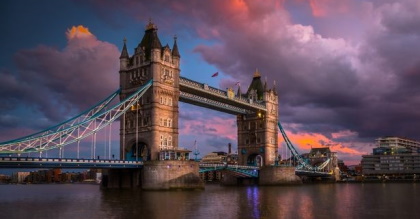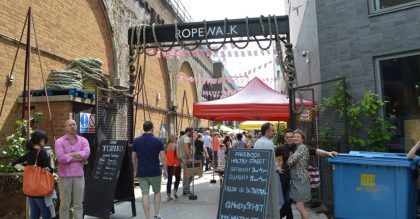Why collect things when you can collect memories? Be inspired by the abundance that life has to offer, from Michelin star food to relaxing experiences, from thrilling getaways to a fine glass of wine and many more. It’s time to create memories that last a lifetime.

Luxury Lifestyle
Discover the latest on all things luxury. Read our guides on relaxing spa getaways, to exclusive tips in the world of beauty and fashion. From the latest jewellery, watches and yachts, here’s how to live the high life.

UK Guide
The United Kingdom is one of the most popular tourist destinations in Europe. Check out our guide to find out where to go and what to see.

Travel & Getaways
Whether it’s trending travel destinations, the latest getaway recommendations or unique travel guides for the exotic, we’ve got the whole map covered for you. Be inspired, discover hidden gems and have the time of your life no matter where you’re headed to.

Luxury Gifts
Looking for a gift for your partner? Or your mum? Dad? Our gifting experts are here to make your gift-hunting process stress-free! From gift ideas to unique tips and tricks, let’s uncover the perfect present for that special someone no matter who the recipient is or what the occasion is.

Food & Drink
Ever wonder where some of your favorite foods come from? We will take you through production origins, taste profiles and even the best preparation methods and equipment to use..

Dining & Restaurants
Top dining recommendations, food reviews, and some of the latest foodie trends. With cuisines all over the world, and even chocolate and coffee covered, it’s time to whet your appetite.

Beers, Wines & Spirits
Read the latest news and guides on the finest wine, beer, and spirits – from how to taste whisky, to the British craft beer revolution. Sit back, relax, and relish in that glass of wine as you uncover your next tasting session.

Things To Do
Get ideas and inspiration covering a range of activities, from art to music to museums and many more. Whether you’re looking for something fun or relaxing to do, unforgettable experiences and life-long memories are guaranteed.

Weddings

Hobbies
Taking time away from work and other obligations is good for health and happiness. So we have gone into several popular hobbies to uncover the best bits of info, advice and inspiration.